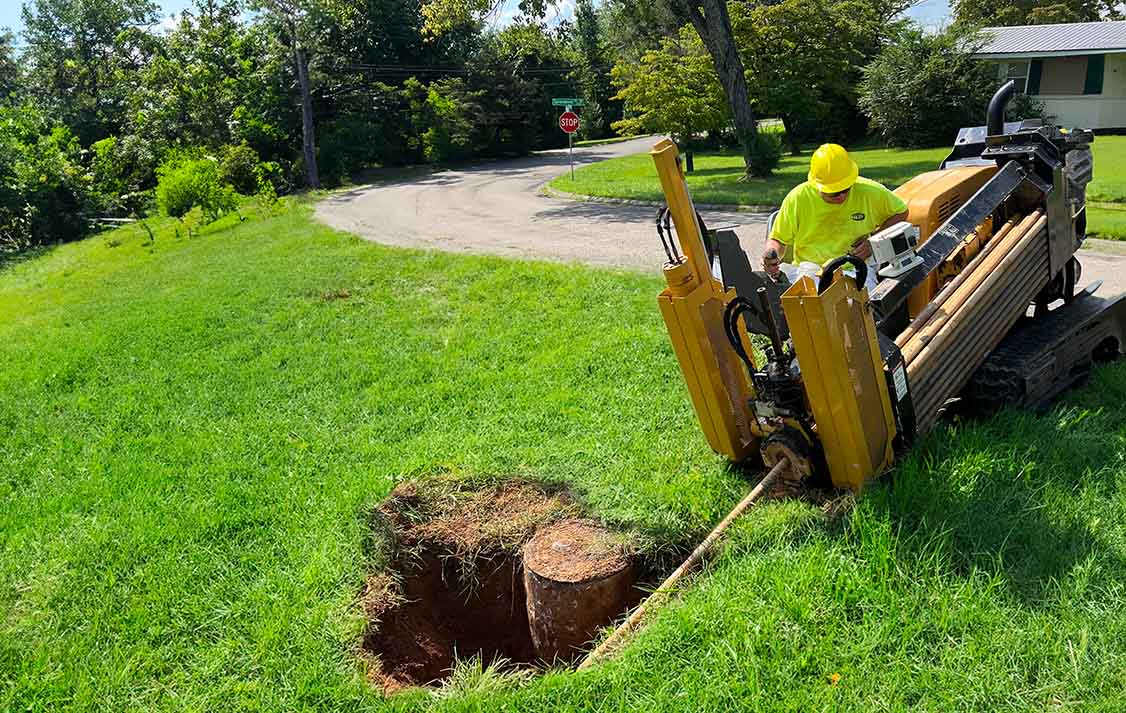

Burst Pipes
Your trusted partner for professional home services. Quality workmanship, guaranteed satisfaction.




- HEP
- Burst Pipes
Burst Pipes | Emergency Plumbing | Plumbing | Caryville
A frozen line that cracks at midnight or a rusted joint that bursts at dawn can unleash gallons of water in moments, threatening floors, walls, and priceless keepsakes. HEP’s burst-pipe team rushes to homes and businesses across Caryville with warehouse-on-wheels trucks, advanced leak-detection gear, and the steady expertise only decades of experience can offer. Call our 24/7 dispatch line for emergency plumbing and we’ll isolate the break, stop the flow, and start drying your property before major damage sets in.
From quick pipe patches to full line replacements, every technician is licensed, insured, and trained to explain options in plain language. We document each step, provide upfront pricing, and clean the jobsite so thoroughly it’s hard to tell we were ever there—except your water is flowing exactly where it should. Keep HEP on speed-dial and breathe easier knowing Caryville’s most trusted plumbers are always moments away when the unexpected strikes.
FAQs
What should I do first when I discover a burst pipe in Caryville?
Immediately shut off your main water supply valve—usually found near the water meter or where the service line enters your building. This stops additional water from flooding your home. Next, turn off electricity in any affected areas if water is near outlets or appliances to avoid shock hazards. Once it’s safe, open nearby faucets to relieve pressure, then call our 24/7 emergency plumbing team. While you wait for us to arrive, move valuables away from the leak, place buckets or towels under the break, and document the damage with photos for insurance purposes.
How quickly can your emergency plumbers reach my Caryville property?
Our dispatch center is located right in Caryville, allowing us to reach most residences and businesses within 60 minutes—often much faster during normal traffic conditions. We maintain fully stocked service vans and an on-call rotation so a licensed plumber can leave as soon as your call is logged, day or night, weekends and holidays included.
Will my homeowners insurance cover the cost of repairing a burst pipe?
Most standard homeowners policies cover sudden and accidental water damage, including burst pipes, but coverage can vary. Typically, the policy pays for tearing out and replacing damaged walls or ceilings to access the pipe, plus water-related repairs to floors, drywall, and personal property. However, the cost to fix the actual pipe is sometimes excluded. We provide detailed invoices and photos your insurer may require, and we’re happy to speak with your adjuster to streamline the claims process.
How do you locate and repair hidden or underground burst pipes?
Our technicians use non-invasive leak detection tools such as electronic acoustic listening devices, infrared thermal cameras, and moisture meters to pinpoint leaks behind walls, under slabs, or in the yard. Once located, we determine the least disruptive access point. For indoor pipes we may cut a small, precise opening in the drywall; for exterior lines we can perform trenchless repairs like pipe lining or pipe bursting when conditions allow. All work is code-compliant and backed by a written warranty.
What are the common causes of burst pipes in Caryville homes and businesses?
• Freezing temperatures: Even brief cold snaps can cause water inside poorly insulated pipes to freeze and expand. • High water pressure: Excess pressure stresses pipe walls and joints, leading to ruptures over time. • Corrosion: Older galvanized steel or copper pipes can corrode, thinning the walls until they fail. • Physical damage: Accidental strikes during remodeling or landscaping may weaken or crack pipes. • Tree-root intrusion: Roots seeking moisture can invade and break underground water lines.
How can I prevent my pipes from bursting in the future?
1. Insulate exposed piping in crawl spaces, attics, and along exterior walls with foam sleeves or fiberglass wrap. 2. Keep indoor temperatures above 55°F during winter, even when you’re away. 3. Install a pressure-reducing valve (PRV) if household water pressure exceeds 80 psi. 4. Schedule annual plumbing inspections to catch early signs of corrosion or leaks. 5. Disconnect garden hoses and winterize outdoor faucets each fall. 6. Consider smart water-monitoring devices that can automatically shut off your supply if a leak is detected.